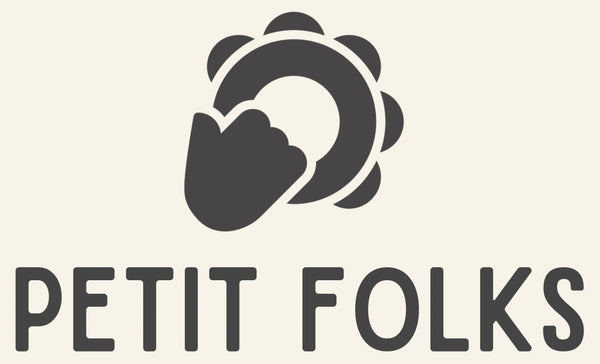
Why music becomes such an important educational tool at home?
Share
A universal and flexible language to connect with emotion and learning
The home is the first place where children learn to relate to the world. Every action, word, and emotion we share with them creates unforgettable memories that guide their emotional, social, and intellectual development. As parents, caregivers, and guardians, we are the mirrors in which our children reflect themselves, and our daily choices, including those related to music and popular songs, have a profound impact on their lives. In this context, music emerges as a bridge between generations, a universal language. Music is a fundamental educational tool in the home because it stimulates cognitive, emotional, and social development. It helps improve language, memory, and mathematical skills through patterns and rhythms. Additionally, it facilitates the expression of emotions, reduces stress, and strengthens family bonds by creating moments of unity and transmitting cultural traditions. It also encourages social skills such as empathy and cooperation while connecting children with different cultures and stories. Music is flexible and can be integrated into daily activities, making learning more accessible, dynamic, and motivating for all ages.

The power of example in the family environment
Children are like sponges: they absorb what they see and hear in their environment. Every interaction they observe at home, whether it’s between parents, siblings, or extended family members, shapes their perception of the world and themselves. The way we resolve conflicts, express emotions, or celebrate happy moments leaves a lasting impression. When our children see us enjoying a melody, singing popular songs together, or dancing spontaneously in the kitchen, we are teaching them more than just musical appreciation: we are showing them that emotions can be shared and expressed in healthy and creative ways. Music and popular songs, in this sense, reinforce the ability of young children to understand their emotions. A cheerful song can become a symbol of family unity, while a soothing melody teaches them the importance of calm and reflection. These experiences, in addition to creating valuable memories, foster empathy and mutual understanding. Just like books, music can become a fantastic tool for learning.

One of the most extraordinary aspects of music is that it does not need words to communicate. This universal language can unite people from different cultures, ages, and contexts, allowing young children to understand complex concepts in a simple and intuitive way. Through rhythms and melodies, children grasp messages of love, joy, respect, and belonging. For example, a simple hum can become a unique bond between a father and his child, and a lullaby or a popular song can be the gateway to tranquility in a mother's arms. These moments, although they may seem small, create a deep connection that transcends the barriers of language. Music also allows us to express what we don't know how to say, helping children process complex emotions and find refuge during difficult times. Music has a unique ability to anchor memories in our minds. It is likely that when you hear a song from your childhood, you are immediately transported to a specific moment, perhaps a day of playing with your siblings or a sunny afternoon with your parents. Children, by experiencing music at home, also build these unforgettable memories that will stay with them throughout their lives.

The power of family unity through music
In a family environment where music is an integral part of daily life, a stronger emotional connection is fostered between family members. Shared songs, whether traditional, popular, or made up on the spot, become symbols of identity and unity. Furthermore, these experiences strengthen children’s self-esteem, as by actively participating in musical activities, they feel that their emotions and creativity are valued.
